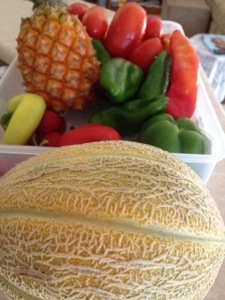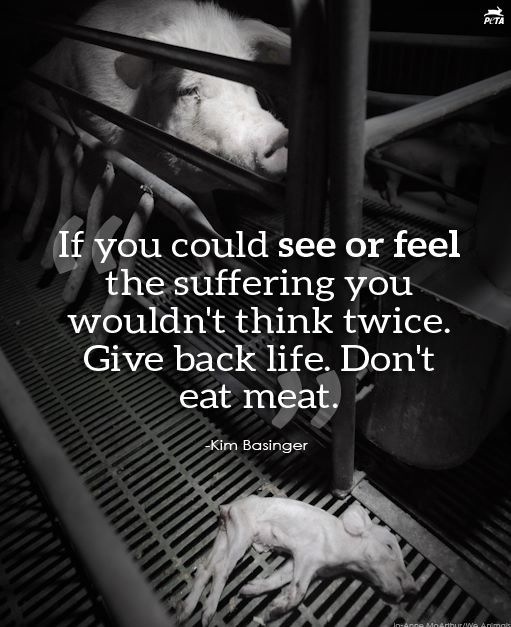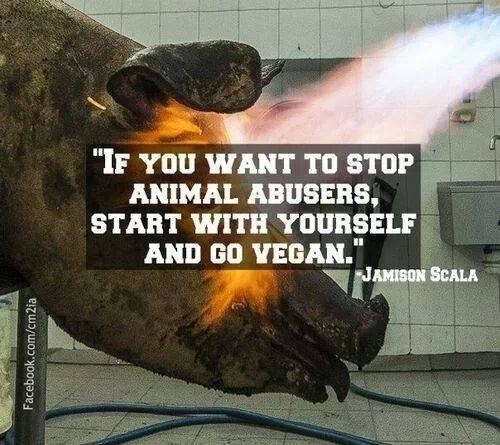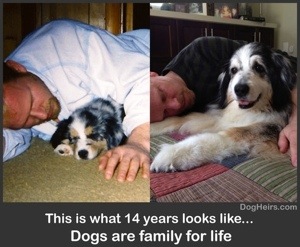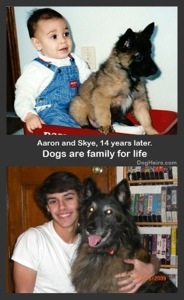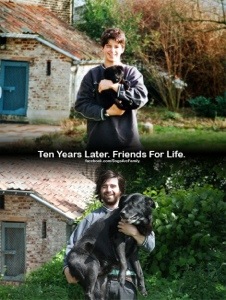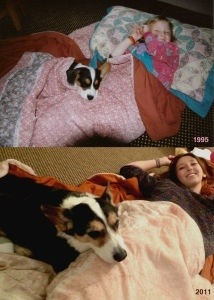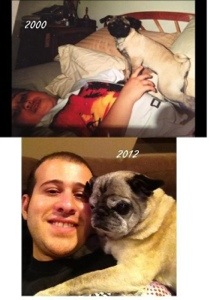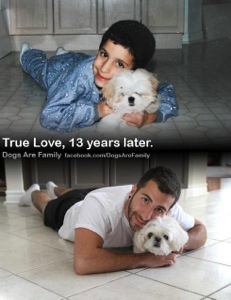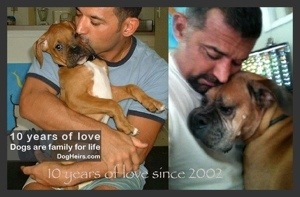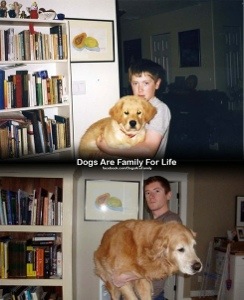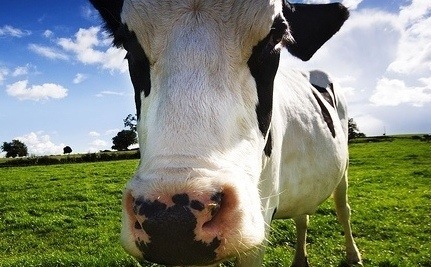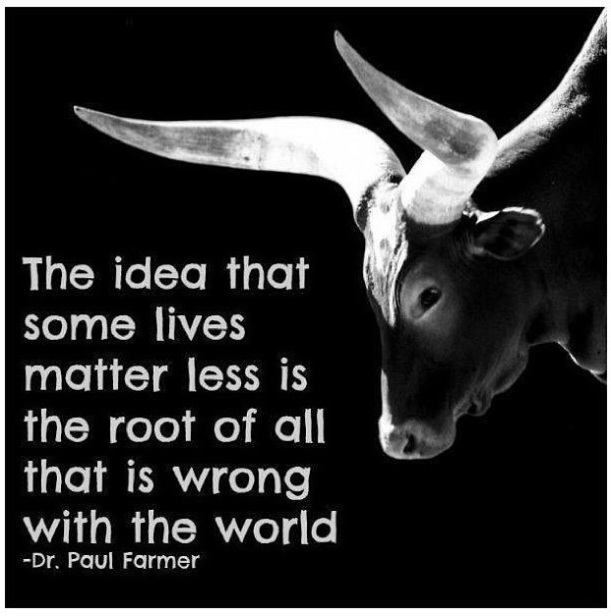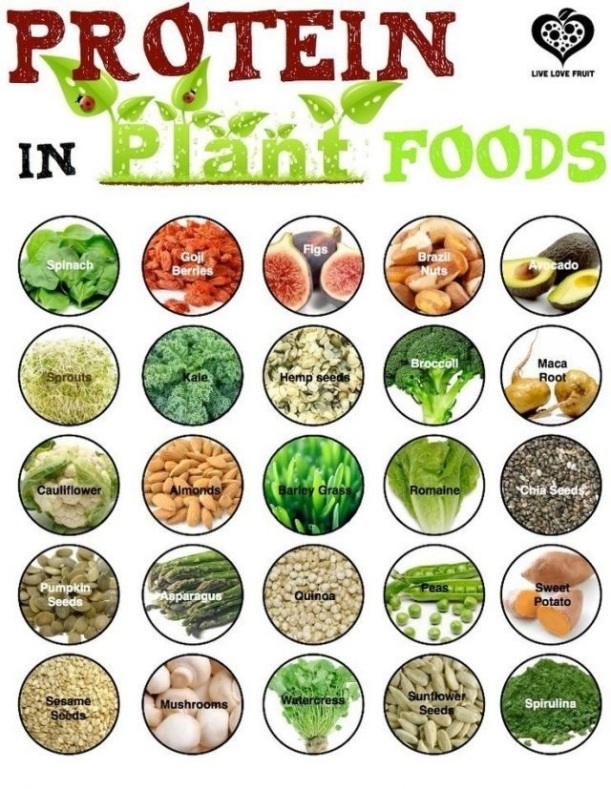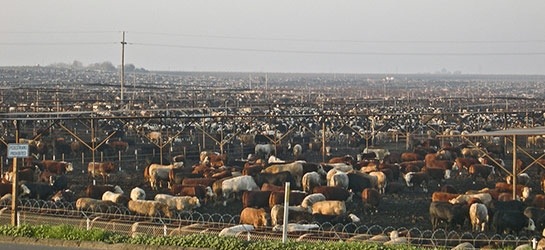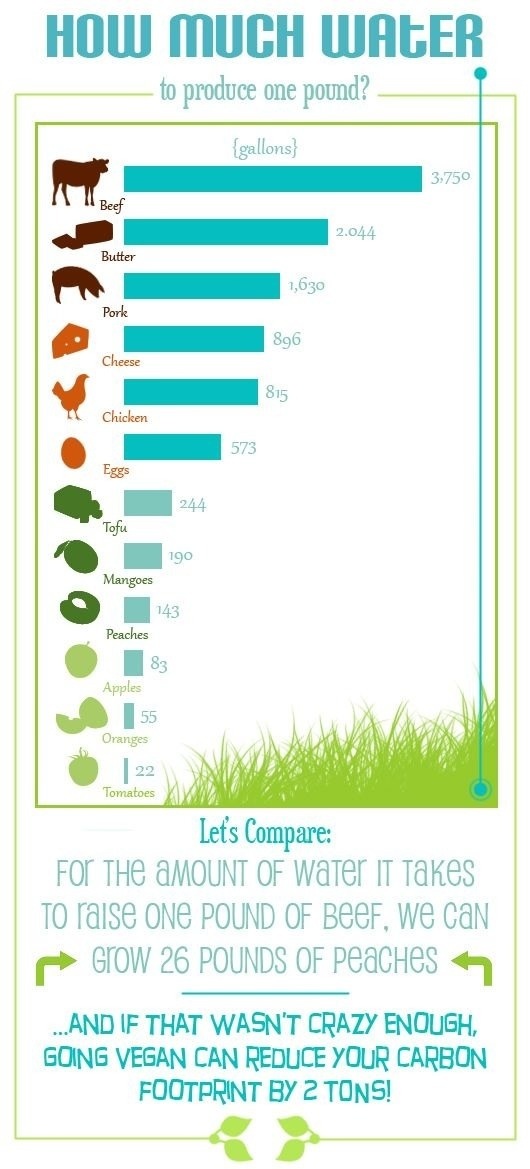Category Archives: healthy
DOGS ARE FAMILY FOR LIFE!
10 Things You Didn’t Want to Hear About Beef
Eating beef isn’t as manly or as patriotic as you think it is, and it definitely isn’t doing your health or the health of the planet any good.
Here are 10 reasons why you should skip the Big Mac and leave cows to get on with their own business:
1. Someone had to die for that steak (obviously). Beef is the flesh of a cow, and that cow was once a living, breathing, feeling individual that had a right to live free from pain and suffering. Cows are branded, have their horns cut off and males are castrated, all without anesthesia. At the slaughterhouse, they are shot with a bolt gun to the brain, hung upside down and their throats are slit. Many cows are still conscious throughout the process.
2. Dioxin. Beef contains worrying quantities of the toxic organic chemical dioxin which has been linked to cancer, ADD, immune deficiency, chronic fatigue syndrome, endometriosis, birth defects and nerve and blood disorders. A single hamburger contains 300 times as much dioxin as the EPA states as an acceptable dose for an adult!
3. Beef is an inefficient use of grain. One third of the world’s grain harvest is used to feed cattle. It’s not logical to grow grain to feed animals when there are an estimated one in every six people going hungry each day, and only a fraction of what we feed cows is actually turned into flesh that humans can eat. It’s much more efficient for grain to be consumed directly by humans.
4. Beef is a waste of water. Water is a precious resource and it’s wasteful and irresponsible to squander this for something we don’t need. It takes an average of 2,500 gallons of water to produce 1 pound of beef. There is no alternative to water so we cannot underestimate usage. If we run out, we cannot grow food or maintain vital life functions.
5. Beef is a pollutant. Factory farms and feedlots produce a massive amount of toxic waste that pollutes both the air and water. The feces, which is stored in huge lagoons, seeps into nearby waterways killing fish and destroying water quality. It also emits harmful chemicals into the air. Studies show that people living near factory farms have higher rates of miscarriage, neurological diseases and respiratory problems.
6. Beef is destroying the world’s rainforests. The high demand and price of beef encourages ranchers to burn forests to create new rangelands. This never ending cycle of destruction has driven thousands of plant and animal species to extinction, and is causing a strain on the earth’s ability to covert carbon dioxide into oxygen.
7. Beef is causing desertification. Beef production is one of the major causes of desertification around the world. Delicate root systems are destroyed by overgrazing, unsettling the topsoil which is then eroded by winds leaving only the clay/sand subsoil behind.
8. Happy Meals are making our children obese. Fast food industry giants target children in their marketing, causing them to associate eating at these restaurants as a positive and fun experience, and as a result our children are fatter and unhealthier than ever before.
9. Cows are amazing animals. Like humans, cows have best friends and form close friendships with their herd mates. They choose to spend their time with 2-4 preferred individuals, and can hold grudges for years if they take a disliking to someone. They get excited when they solve problems, they like sleeping close to their families, can detect odors up to five miles away, have a 360 degree panoramic vision, are devotional mothers and are generally extremely inquisitive animals.
10. It’s probably not beef. Chances are that lasagna you’re tucking into is not even beef after all. It could be horse, donkey, pig or who knows, it may even be stray dogs or cats that have been rounded up from the streets, especially if it’s an imported product!
Lets learn about horrific Factory Farms and how we can stop them!
Did you know that more than 10 billion animals are raised for dairy, meat and eggs each year in the U.S.? Most of these animals are crammed together by the hundreds or thousands.
Not only do these factory farms have poor or nonexistent animal welfare standards—but they’re also environmental nightmares.
Here are the top five ways factory farms are hurting the Earth:
Animal agriculture generates 18% of the world’s greenhouse gas emissions, including 9% of carbon dioxide, 65% of nitrous oxide emissions and 37% of methane emissions. Most of that methane comes from belching cows and rotting manure.
In the U.S., confined animals generate three times more raw waste than humans generate. Their manure is commonly stored in open-air “poop lagoons,” which release dangerous toxins such as hydrogen sulfide, ammonia and methane into the air and leach heavy metals, drugs and other additives given to the animals into the ground water. That’s just gross!
The waste is often used as crop fertilizer and over-applied to nearby fields, resulting in further air pollution and high levels of phosphorus and nitrogen in the water supply.
Excess nitrogen robs water of oxygen and destroys aquatic life.
Factory farms deplete our water by using large volumes for cleaning, cooling and drinking.
The fossil fuels required to raise this staggering number of animals and produce their food emit 90 million tons of carbon dioxide worldwide every year.
More than half of the world’s corn is fed to animals, and corn requires more nitrogen fertilizer than any other crop.
So what can you do to help? Check out our
Top 10 Ways You Can Fight Factory Farming—and please share this post with your friends on social media using the hashtag #FactoryFarmsStink.
Something to think about!
Chocolate covered banana cupcakes
Ingredients
:
1 1/2 cup whole wheat pastry or brown rice flour
3/4 cup raw coconut crystals
1 1/2 tsp baking powder
1/2 tsp baking soda
1/2 cup milk (I used oat milk but I believe any type will work)
1 1/2 tbsp vanilla extract, divided
3 ripe bananas, mashed
4 1/2 tbsp coconut oil, divided
1/2 cup chocolate chips of your choice
1 tbsp raw honey or coconut nectar
olive oil spray
Preparation:
Preheat oven to 350 degrees.
In a large bowl add in the flour, coconut crystals, baking powder and soda. Mix well and set aside.
Place the milk, 1 tbsp vanilla and bananas in a small saucepan over low heat. Once the mixture is just slightly warm add in 3 1/2 tbsp coconut oil. Stir continuously until the coconut oil is completely melted. Set the mixture aside and let it cool down to room temperature.
Add the wet ingredients to the dry ingredients and mix together. Do NOT over mix.
Lightly spray your cupcake tin with olive oil. Fill each cupcake mold about 3/4 full with the batter.
Place the cupcake tin in the oven and bake for 12 minutes for mini cupcakes and about 18 minutes for regular sized cupcakes. Your cupcakes are done when the tops bounce back when you press down on them.
While your cupcakes are baking add the chocolate chips, 1 tbsp coconut oil, honey and 1/2 tbsp vanilla to a small saucepan. Cook over low heat until melted and smooth. Remove from heat and let cool to room temperature.
Remove your cupcakes from the oven and let cool for 2-3 minutes. Over a piece of wax paper or even paper towel, turn your cupcake tin over and gently pat the back. Your cupcakes should pop right out. Continue to let your cupcakes cool to room temperature.
Once your cupcakes are cool dip the tops of them in the chocolate mixture. You can let them sit at room temperature or place them in the fridge. If you store them in the fridge the chocolate top will harden. (We actually preferred the harder chocolate tops.)
Nutritional Info:
Make 32 mini cupcakes or 15 regular sized cupcakes.
Serving size 2 mini cupcakes or 1 regular cupcake.
Nutrients per serving: Calories: 141.5, Cal. from Fat: 48, Total Fat: 5.5g, Sat. Fat: 4g, Carbs: 23g, Fiber: 2g, Sugars: 10.5g, Protein: 1.5g, Sodium: 42mg, Chol: 0mg
Notes:
If you want to make these cupcakes gluten free simply replace the whole wheat pastry flour with brown rice flour and use a gluten free chocolate chip for the chocolate sauce.
The cupcakes will keep for 2 days at room temperature and up to 1 week in the fridge.

